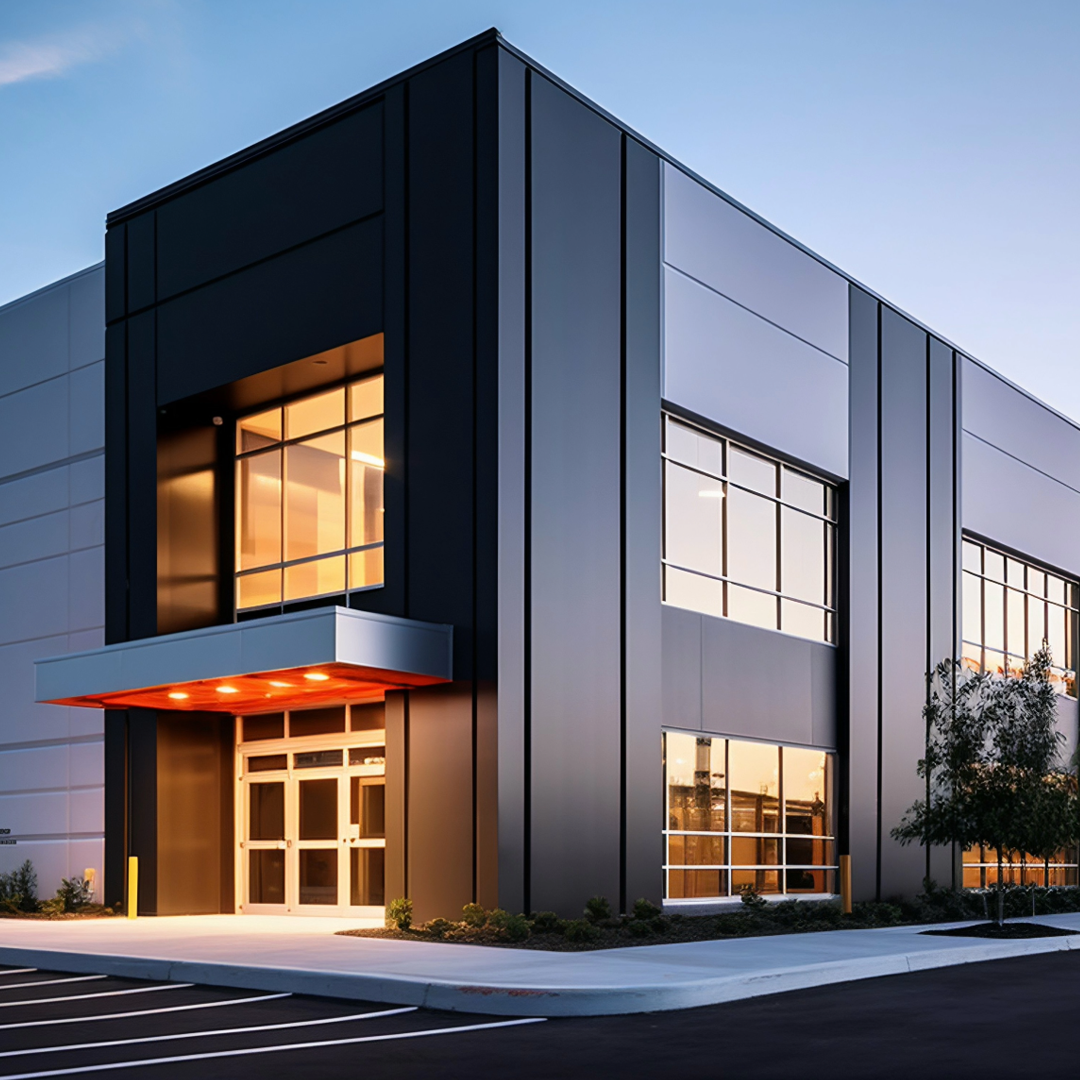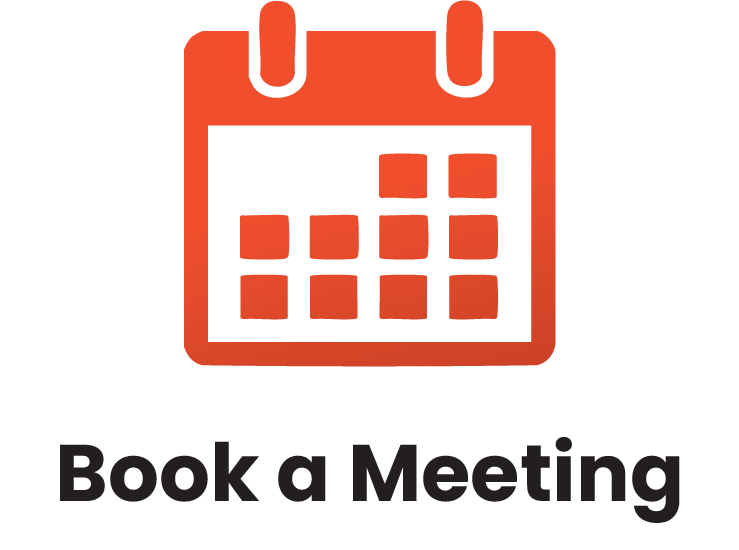
Team Building: Developing High Performance Teams
Success as a manager is heavily influenced by how well your team operates and what kind of results they achieve. Is your team able to solve problems? Can they resolve conflict? Are they enthusiastic and motivated to do their best? Do they work well together? This workshop is designed for participants who want to develop their team leadership skills and unleash the talent of their individual team members.
Interactive training sessions led by experienced facilitators.
There is no cost to explore options.
Let's Get Started
Online Learning
Enjoy our self-paced option and learn from anywhere!
$199.00 USD
LEARNING OBJECTIVES
Learning Objectives
This one-day workshop will help participants learn how to:
- Identify different types of teams.
- Build teamwork by recognizing and tapping into the twelve characteristics of aneffective team.
- Promote trust and rapport by exploring your team player style and how it impactsgroup dynamics.
- Recognize the key elements that move a team from involvement to empowerment and how to give these elements to your team.
- Develop strategies for dealing with team conflict and common problems.
- Understand how action planning and analysis tools can help your team perform better.
Let's Get Started


COURSE OUTLINE
Organizations Today
To begin the day, we will look at how changes in organizations have affected teams.
Types of Teams
During this session, we will define the word “team.” We will also look at some different team models, including traditional teams, task forces, and virtual teams.
Team Norms
In this session, participants will establish some team norms: ground rules that a team can use to help them work together.
The TORI Team Building Model
One way of looking at team development is the TORI model. Participants will experience this model through a fun exercise.
Beckhart’s Activities
In 1972, Richard Beckhart said that there are four activities a group should perform on a regular basis if they desire to grow into a team. Since researchers today still agree on these four activities, we will spend some time exploring each activity.
The Four Stages of Team Development
Every group of people, whether they are a team or just a group working together, grows and evolves. We will spend this session looking at Bruce Tuckman’s five stages of team development: forming, storming, norming, performing, and adjourning.
Characteristics of Great Teams
The 12 characteristics of effective teams were developed by Glenn Parker, who has devoted his whole life’s work to studying teams. We will discuss the first four characteristics in this session.
Civilized Disagreements and Consensus
This session will focus on the next two characteristics: civilized disagreements andconsensus decisions.
Open Communication
Next, participants will learn tips for open team communication, Parker’s seventh characteristic of effective teams.
Clear Roles and Assignments
This session is all about Parker’s eighth characteristic.
Shared Leadership
This session is all about Parker’s ninth characteristic. Participants will also explore shared leadership through a fun activity.
Team Player Types
During this session, participants will score their pre-assignment. Participants will then work in small groups to discuss the strengths and weaknesses of their team player style. This will address the final three characteristics of effective teams.
The Trust/Relationship Model
In this session, participants will look at how trust impacts relationships through a lecture and small group work.
Lateral and Vertical Thinking
This session will examine two types of thinking: lateral and vertical. We will also look at how these thinking models affect creativity.
Creative Team Thinking
During this session, participants will discuss various creative thinking methods, including brainstorming and brainwriting. They will also discuss Edward De Bono’s six thinking hats.
Team Shaping Factors
First, participants will discuss the four factors that shape a team during a lecture. Then, participants will apply the knowledge to a case study.
Solving Problems
Team problem solving needs a three-phase approach: problem identification, decision making, and planning and organizing. We will look at this model through a combination of lectures and group work.
Interventions for Team Leaders
This session will look at some common problems that teams face and somerecommended solutions.
Resolving Conflict
Solving conflict in a positive way is key for building a strong team. This session will look at tips for resolving conflict. Participants will also take part in a role play to demonstrate the concepts learned.
SWOT Analysis
Performing an analysis of the team’s strengths, weaknesses, opportunities, and threats can be a great tool for development. We will discuss how to perform such an analysis, and then participants will work in small groups to complete a case study.
Developing Team Action Plans
To wrap up the course, we will look at some planning tools that teams can use to help them grow and improve, including improvement plans and action plans.















